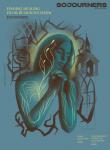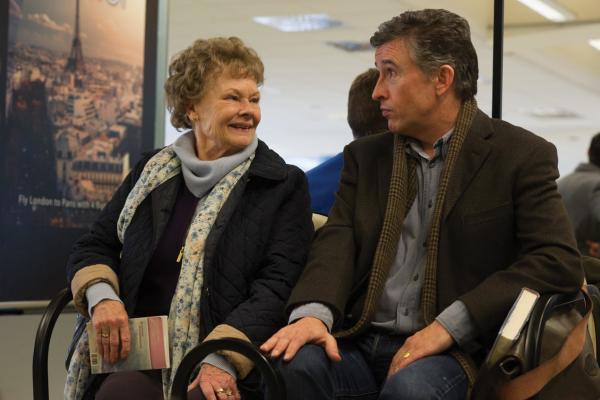THE BEST CHRISTIAN MOVIE you’ve never seen (even though it was Oscar-nominated for best picture!) turns 10 this year. That movie is Philomena, adapted from The Lost Child of Philomena Lee: A Mother, Her Son and A Fifty-Year Search, by British journalist Martin Sixsmith. The film stars Dame Judi Dench as the titular mother and Steve Coogan as Sixsmith. While the book primarily focuses on Philomena’s son Michael Hess, the film more closely traces the mother’s story. As a pregnant teenager, Philomena was abandoned to a convent of nuns who forced young women to work without pay and sold their children to wealthy Americans looking to adopt.
On her son’s 50th birthday, Philomena weeps, clutching the only pictures she has of him. Despite her efforts, she has never been able to learn his fate. When Sixsmith, a disgraced journalist, learns of Philomena’s plight, he agrees to help her. What began as a distraction from his own troubles soon shifts to captivation. Despite Philomena’s assurances that the sisters of the convent have done their best to care for the women and children in their charge, Sixsmith uncovers a devilish conspiracy of silence.
Sixsmith released his biography of Philomena’s child in 2009, seven years after The Boston Globe’s staggering investigative report on sexual abuse by clergy in the Catholic Church. Then Philomena, released in 2013, arrived four years before the twin movements of #MeToo and #ChurchToo took off. In a way, the public narrative about the church’s institutional abuse of women and children is incomplete without Philomena.
The film works so well because of how director Stephen Frears (Dangerous Liaisons; High Fidelity) treats the two leads. Dench’s Oscar-nominated portrayal of Philomena is empathetic and nuanced. Philomena is a simple, small-town woman who loves her daughter, enjoys trashy romance novels, and tells everyone they’re “one in a million.” Her aggressive niceness irritates Sixsmith, who Coogan portrays as a jaded, cynical atheist. As their investigation reveals horror after horror, Sixsmith can’t comprehend how Philomena can maintain both a steadfast faith in God and a posture of kindness toward the very women who authored these horrors. He chalks it up to provincial ignorance.
But Frears and Coogan, who co-wrote the screenplay with Jeff Pope, refuse to settle for such simple answers. As the film hurtles toward its conclusion, dropping one shocking revelation after another, Philomena reveals a faith that is simple but far from ignorant — one that is kind but far from naive. When the story finishes, we’re left with a meditation on what it means to stand up to institutional abuse without allowing the violence of the church to poison our own spirits.

Got something to say about what you're reading? We value your feedback!







